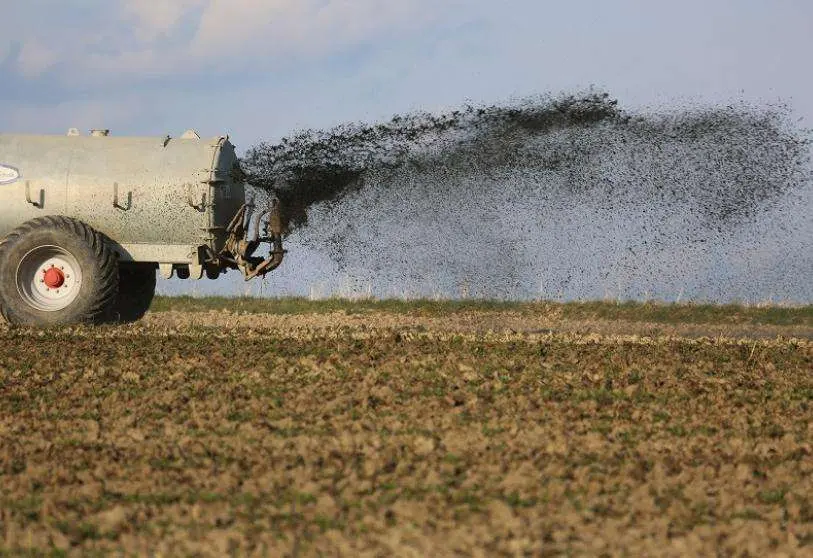El Instituto de Oriente Medio señala que Marruecos va a ser un actor crucial en el mercado mundial de fertilizantes

The Middle East Institute (MEI) has just published a report highlighting the good prospects for Morocco in the near future. According to the organisation, the Alawi kingdom will play a key role in the creation of fertilisers that will lead to the Maghreb nation becoming the world's leading food supplier.
The report notes that Morocco is currently the world's fourth largest exporter of fertilisers, after countries such as Russia, China and Canada. The latest data reveals that the Office Chérifien des Phosphates (OCP) is starting to increase production from Moroccan sites and predicts that by the end of this year, the Kingdom will have produced 10% more than usual, with a contribution of 1.2 million tonnes of fertilisers more than expected.
This implies that the Kingdom is increasing its production and that the capacity it has is unmatched, which would mean that the OCP could increase its capacity by one million tonnes in six months. For his part, OCP's chief financial officer announced that between 2023 and 2026, Morocco will contribute more than seven million additional tonnes, 58% more than current production levels.

Morocco will therefore be one of the key countries in solving global food shortages. The MEI states that this increase in production will help the Maghreb country counteract the effects of the restrictions imposed by Russia after the war in Ukraine on some commodities. Moreover, the institution points out that this increase in production is comparable to the importance of Saudi Arabia in oil production.
It is worth mentioning that, thanks to the use of good fertilisers produced in the Alawi country, farmers will be able to start growing more crops and thus solve the problem of the food crisis. Morocco has all the elements to create quality fertilisers that can be distributed throughout the African continent. Therefore, some countries will be able to minimise imports of cereals and staple foods from countries such as Russia or Ukraine, as they will be able to produce them themselves.
The MEI predicts Morocco's future importance in this sector due to the fact that the country has long established fertiliser factories throughout Morocco. These are mainly located in sub-Saharan Africa, where the materials needed for their creation are most widely sourced.

"By investing a total of $6.3 billion to build fertiliser plants in sub-Saharan Africa, Morocco has shown remarkable strategic foresight. With the geo-economic aspects of connectivity and offshoring placing greater emphasis on Africa's geopolitical importance, European and US strategic engagement with Morocco is likely to intensify," the report adds.
But the OCP has expanded across the African continent and identifies the importance of the Moroccan organisation as a determining factor in solving the food crisis. "OCP has opened factories in 12 African countries since 2016, building local blending facilities to calibrate fertilisers specifically for each African country's soil and enabling smallholder farmers to participate more efficiently and profitably in agricultural value chains," the MEI notes.
These are mainly found in countries such as Senegal, Nigeria, Ghana and Ethiopia, among others. The MEI states that, thanks to Moroccan fertilisers, for example, Senegal increased its millet production by 63% and Nigeria by 46% in maize production. In Ethiopia it is the case that, thanks to Moroccan products, wheat, maize and teff production increased by up to 37% more than usual.
In Nigeria, moreover, the OCP is building a $1.4 billion ammonia and fertiliser plant. This industry will aim to start tripling the amount of fertiliser and supply more to Nigerian farmers within five years. Ghana is also investing in the construction of a fertiliser complex for the same purpose. In Ethiopia, the second largest fertiliser production complex in Africa will be built and will be operational by 2023.









